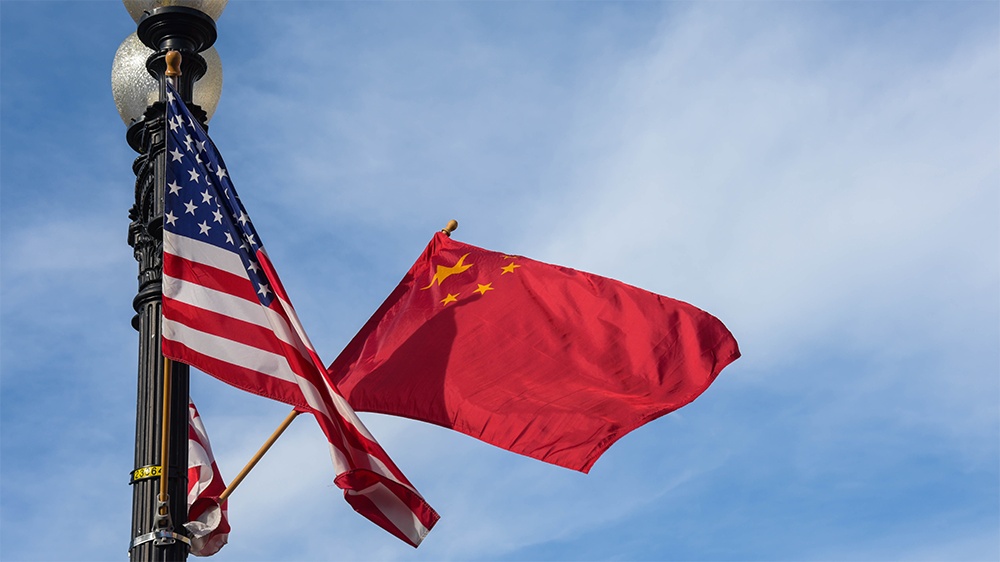
(Photo: Xinhua)
The United States Department of State notified the government of China's Hong Kong Special Administrative Region on Wednesday that it had suspended or terminated three bilateral agreements on extradition and tax exemption.
Since the three agreements, on the surrender of fugitive offenders, transfer of sentenced persons, and reciprocal exemption of taxes on income from the international operation of ships, are not general-interest topics that appeal to broad audiences they drew little attention.
Especially as they sound less devastating than the US Department of Commerce revoking the special treatment extended to the SAR on June 29, meaning the US will treat it the same as any other part of China.
And because they appear to have weaker aftershocks than the US president signing the Hong Kong Autonomy Act and the Executive Order on Hong Kong Normalization, which respectively imposed sanctions on people allegedly liable for "contributing to the erosion of Hong Kong's autonomy" and ended the city's special status under US laws.
And because they are less personal than the sanctions announced against HKSAR Chief Executive Carrie Lam Cheng Yuet-ngor and 10 others, criminalizing US financial transactions with them.
Yet Wednesday's development was not, as some seem to believe, just another impulsive stunt on the part of the capricious US leader.
On the contrary, it was a new step toward marginalizing the long-standing international financial hub. It was, as the US Department of State claimed, a clear indication that Washington is officially denying "one country, two systems" is a political reality in the SAR, and instead deeming it "one country, one system" with the rest of China.
Which is the stereotyped image of Hong Kong that the US administration is so desperately trying to impress on the world. But just as Hong Kong's status as a separate tariff zone and its economic prosperity are not decided by the US, the SAR's political status and the achievements it has made under the "one country, two systems" principle are not determined by the US either.
What happened on Wednesday was anything but whimsical. All the three agreements were included in the July 14 Executive Order, under articles (e), (f) and (j) of Section 3. In other words, Washington is demolishing the foundation of Hong Kong's role as an international financial center step by step, following a clear road map.
Carrie Lam has shrugged off the sanctions against her and the SAR. Authorities on the mainland have reiterated they are confident that Washington ending HKSAR's special trade and commercial privileges won't affect the city's long-term prosperity, and Beijing will retaliate to each move of Washington.
While depriving the city of its peculiar privileges will undermine both China and the SAR itself, the US, too, will have a hefty price to pay.
It is only a wishful thinking for Washington to believe that it can dim Hong Kong's luster as a jewel of the international financial industry. The truth is that its futile political maneuvering only serves to expose its insidious scheme - have it or ruin it.


